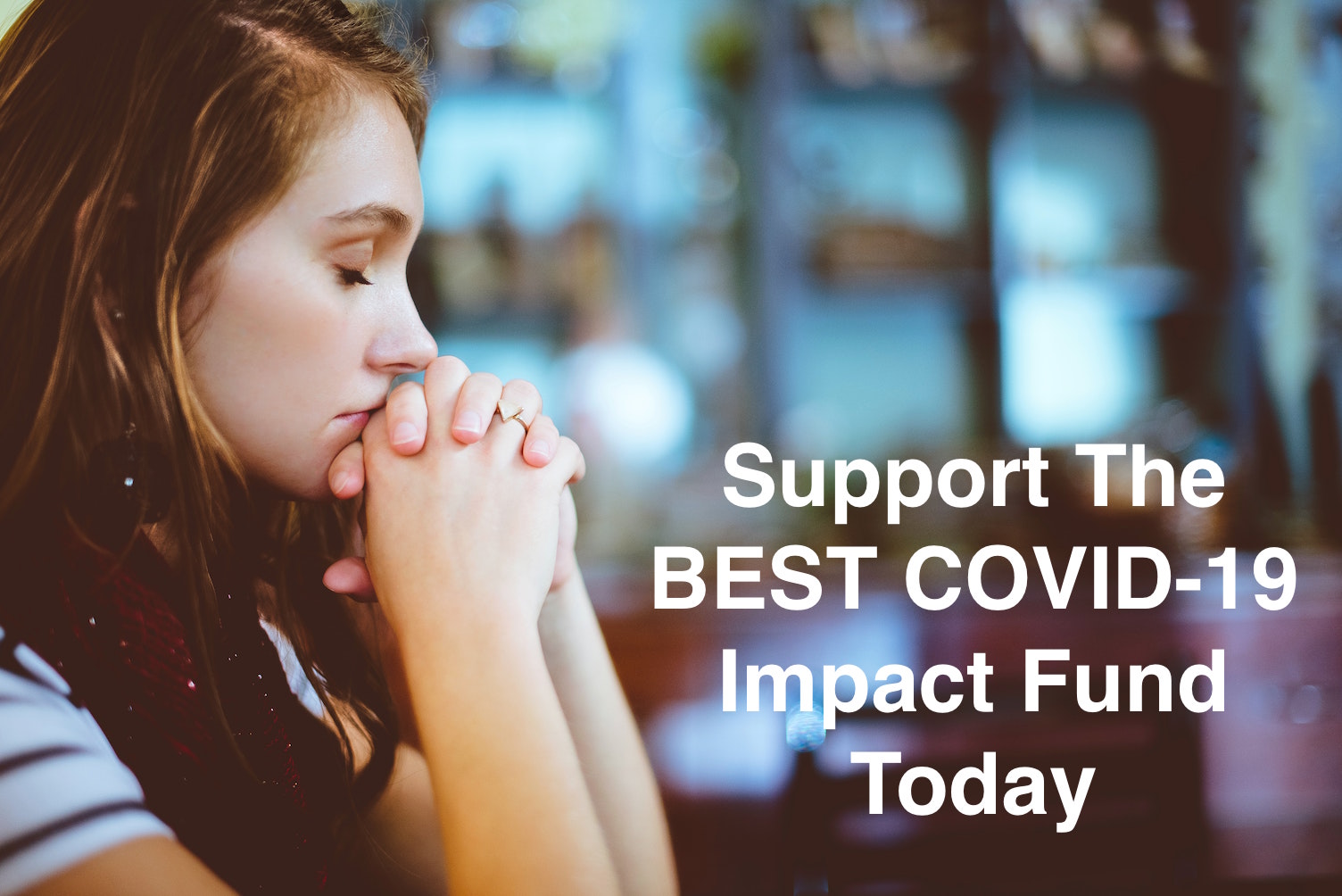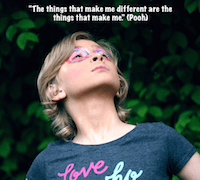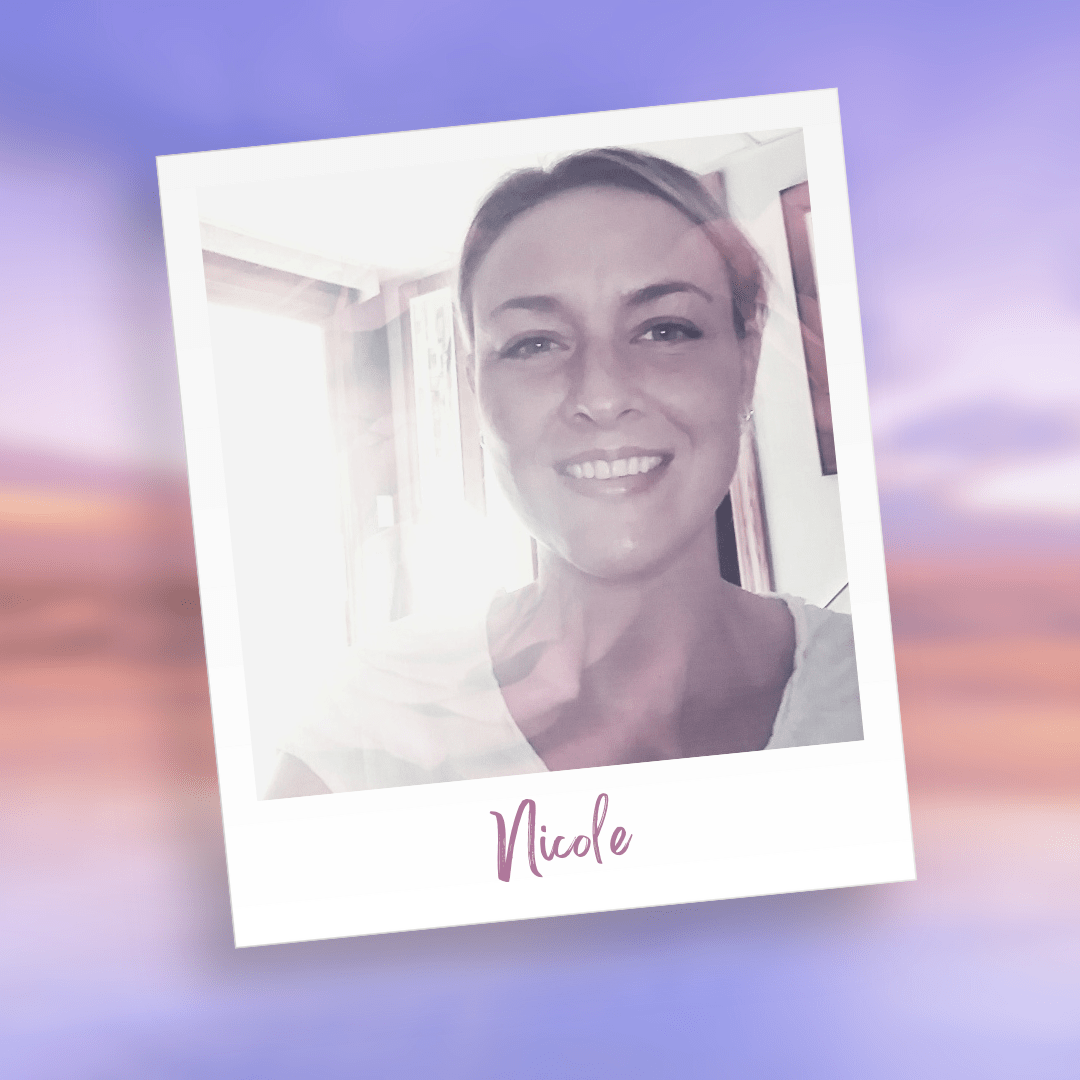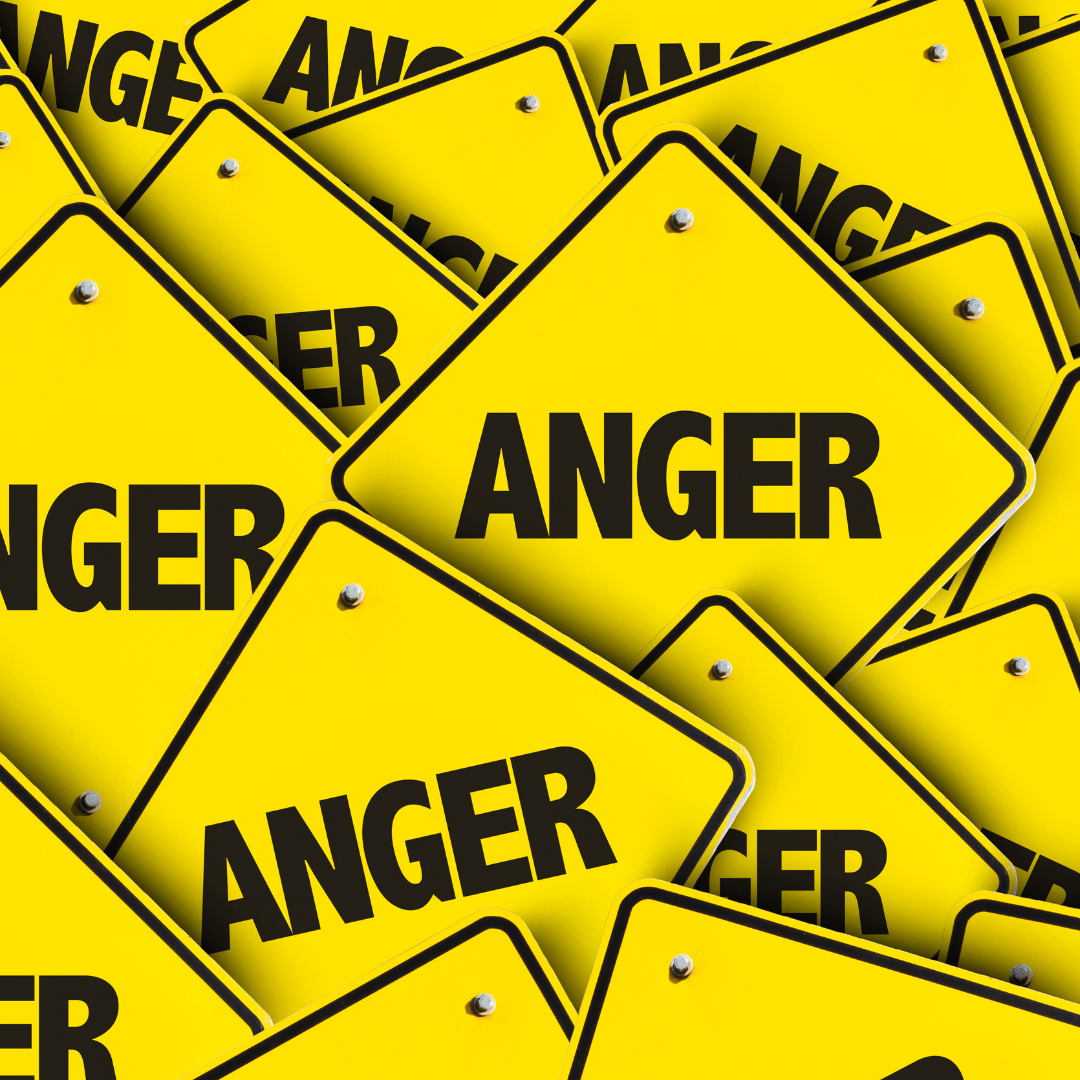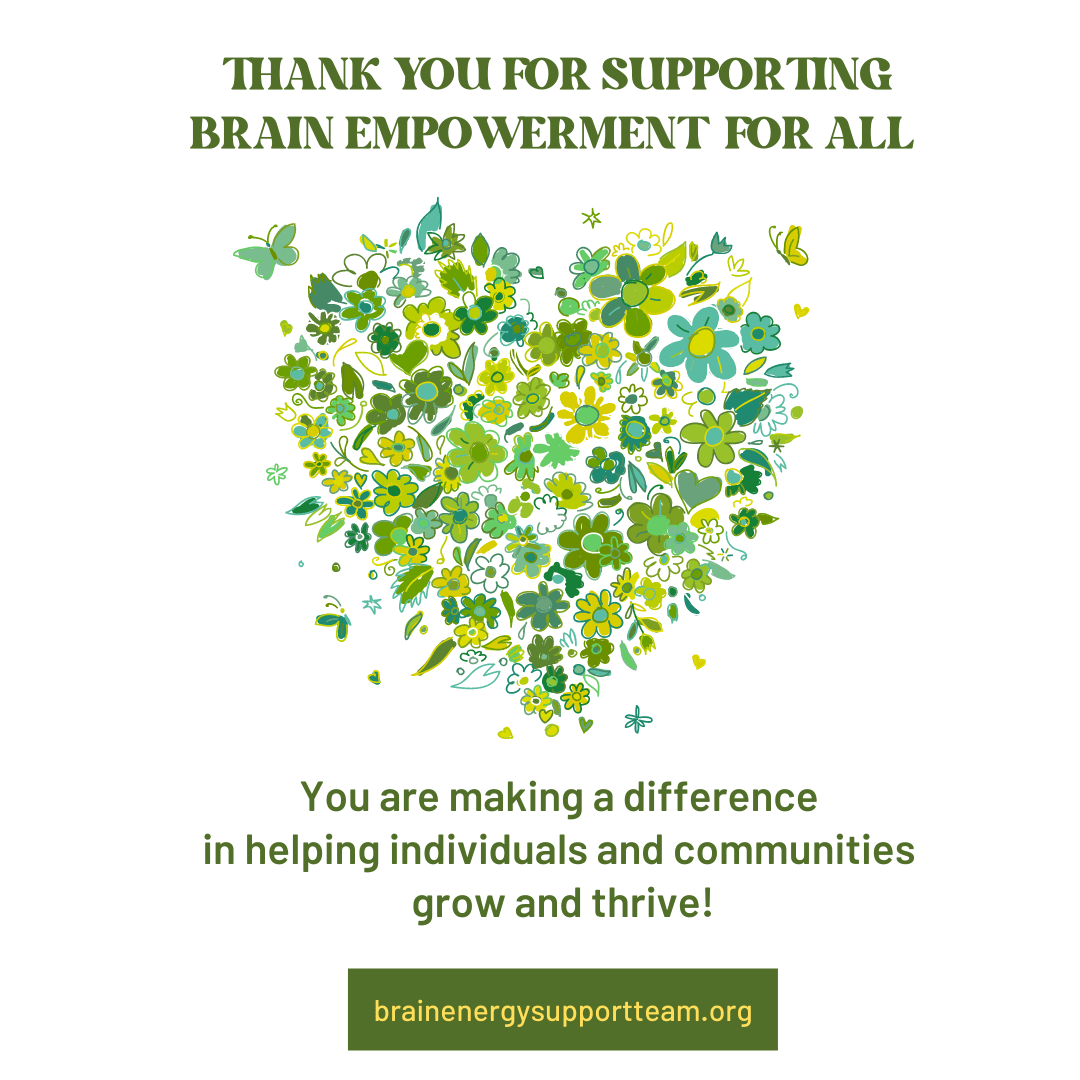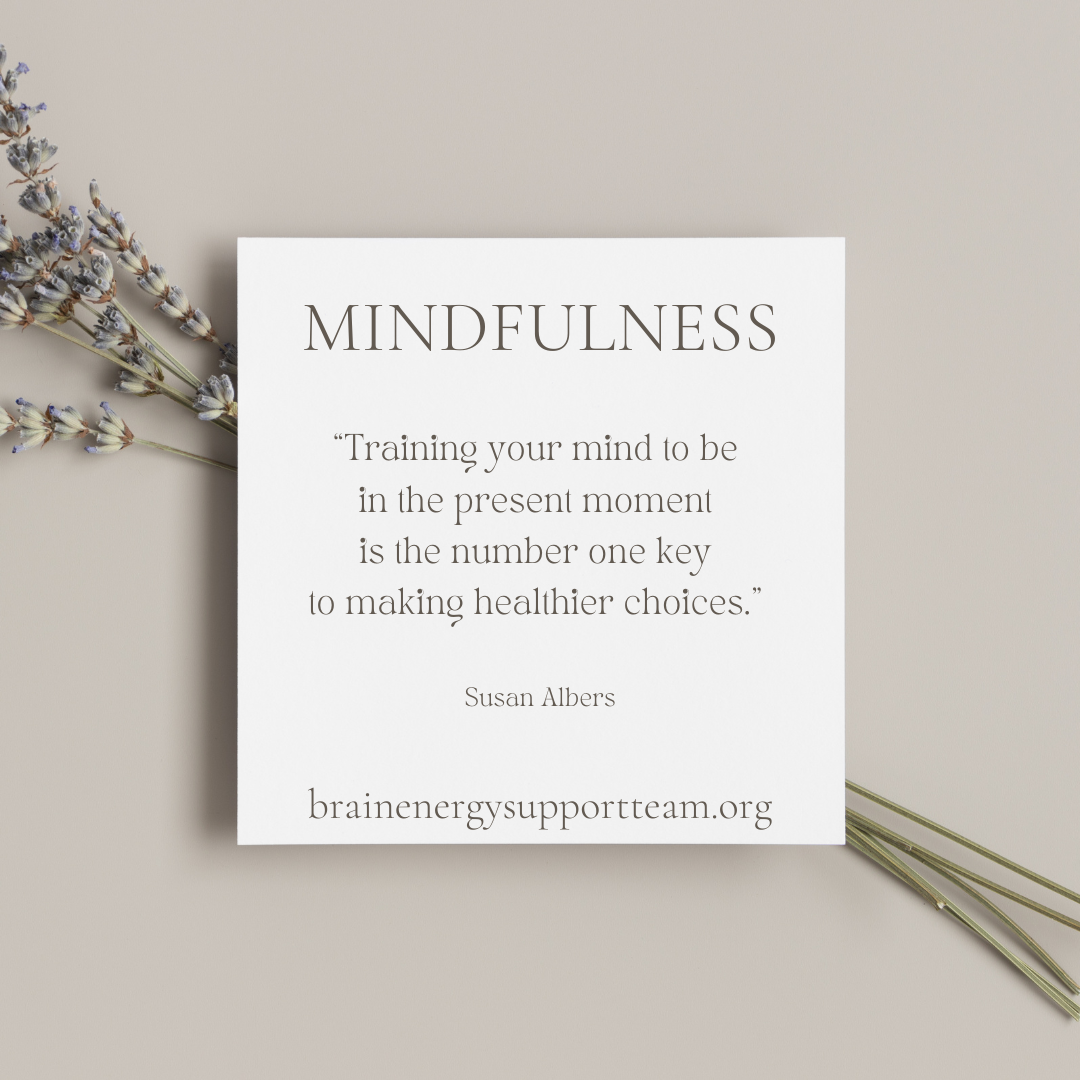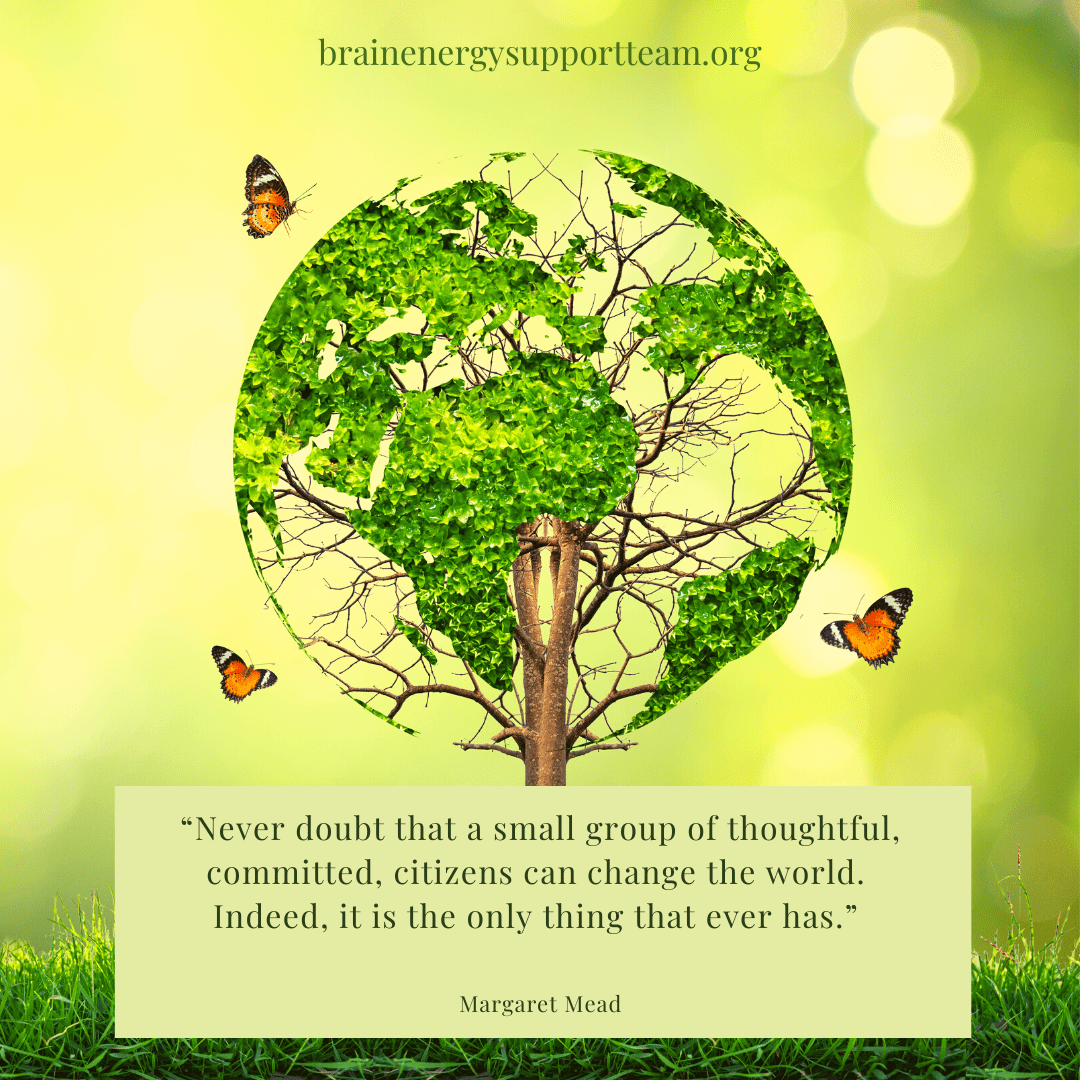We know a brain injury dramatically impacts both an individual and their family. Whether it’s for the short term or for a lifetime a brain injury changes our lives in both visible and invisible ways. Now, research is showing that the COVID-19 has significant neurological consequences for the majority of those recovering from the virus.
Because of this increased need for brain injury outreach, peer support, and family education, BEST created the BEST COVID-19 Impact Fund to provide assistance for individuals and brain injury support groups in Washington State.
UC San Diego Health neurointensivist Dr. Navaz Karanjia outlines three ways by which COVID can attack the nervous system:
- “One, by direct viral invasion, coming through the bloodstream or by infecting the nerves in the nose — the olfactory nerves — that are attached to the brain and crawling along them to the brain.
- Two, by the body creating antibodies that attack the brain and nervous system.
- And three, by causing systemic inflammation to the other organs and blood vessels that can cause blood clots to form all over the body, that may get shot up through the heart to the brain, or that may form in the brain itself.”
A small study published in the New England Journal of Medicine documented neurological symptoms in a group of COVID-19 patients. Symptoms ranged from cognitive difficulties to confusion. All were identified as signs of encephalopathy, a trend that researchers in Wuhan had noticed in coronavirus patients in China in February 2020.
In April a study conducted in China found that strokes, altered consciousness, and other neurological issues were evident in approximately 36% of COVID-19 cases. These symptoms also appeared in patients without typical COVID symptoms such as fever, respretory issues, or headaches.
A study out of Spain that was published in July studied patients between 1 March and 20 April regardless of whether or not they manifested typical symptoms. The research team found that 73% of patients with COVID-19 had cerebral ischaemia; a condition in which there is insufficient blood flow to the brain to meet metabolic demand, leading to poor oxygen supply or cerebral hypoxia and thus leads to the death of brain tissue or cerebral infarction / ischemic stroke.
The need for emotional and educational support for individuals and families navigating brain injury after fighting the devastating and long-term affects of the COVID virus is critical. Without funding support groups cannot do the outreach, provide technical support, virtual meetings, and more. In Washington State BEST has been at the forefront of peer support, education, and advocacy for the brain injury community.
We know from many years of experience that support groups, in particular, allow people with brain injury and their families to meet others who are in similar situations, gain valuable emotional support from one another, form friendships, obtain information and resources, and hear speakers discuss a variety of brain injury topics.
Unfortunately, brain injury support groups were one of the first activities in early March to shut down because of the COVID-19 pandemic. In-person support groups continue to be postponed and canceled throughout Washington at a time when they are needed most.
BUT YOU CAN HELP! Your contribution ensures that individuals and families have a connection with support groups and the BEST resources available as we all navigate COVID-19 and the social and economic impact of this pandemic.
Our goal is to provide virtual support groups, online video meetings, events, webinars, resources, and valuable facilitator training just like we have been doing since March. But the truth is we cannot keep doing this valuable work without your help.
Help us meet the need by contributing to the BEST COVID-19 Impact Fund. This fund was created by the Brain Energy Support Team to provide COVID-19 assistance for individuals and brain injury support groups in Washington State.
Funding is critical to the brain injury community and BEST support as we work to restart, reopen, and help our community to heal and rebuild.


